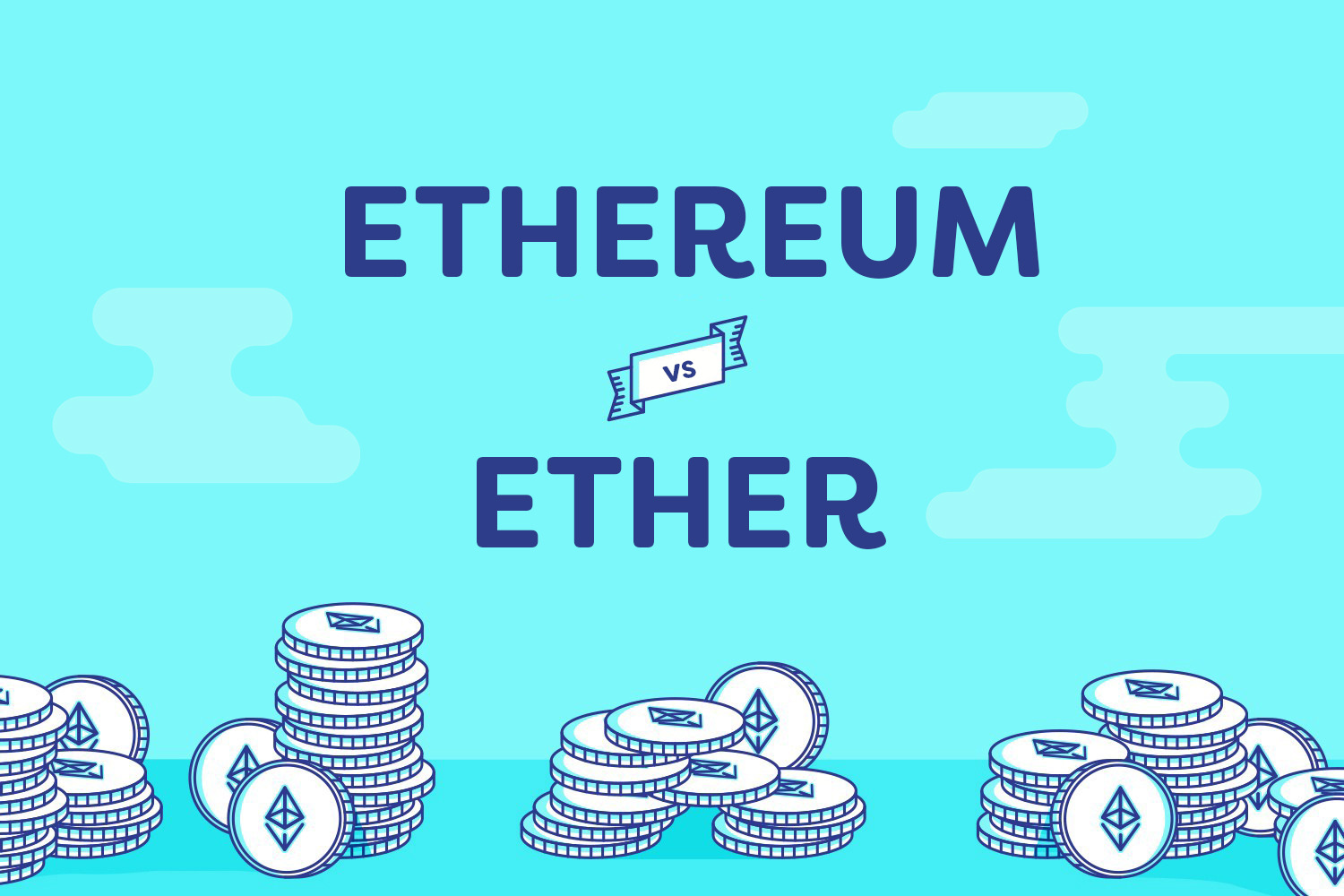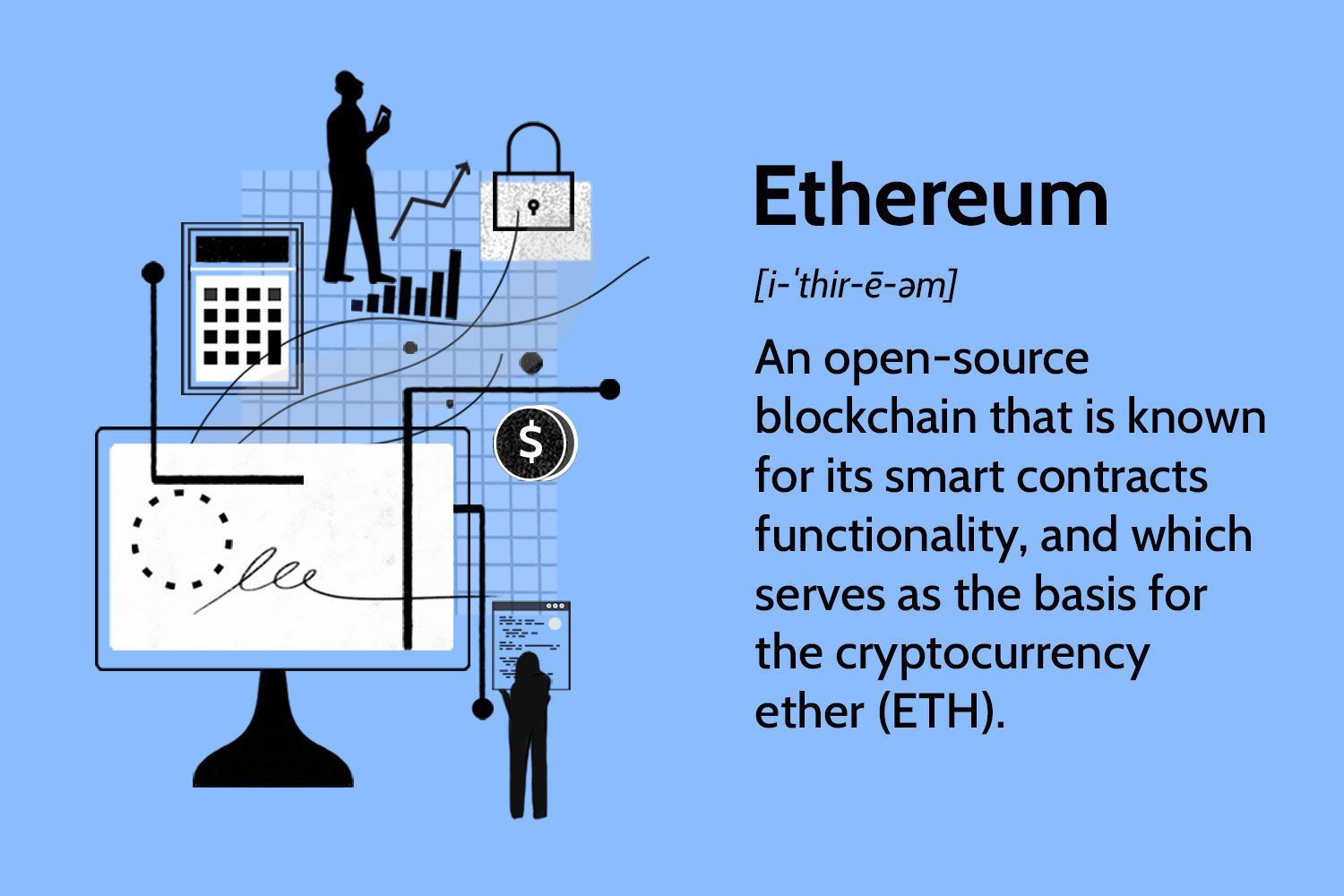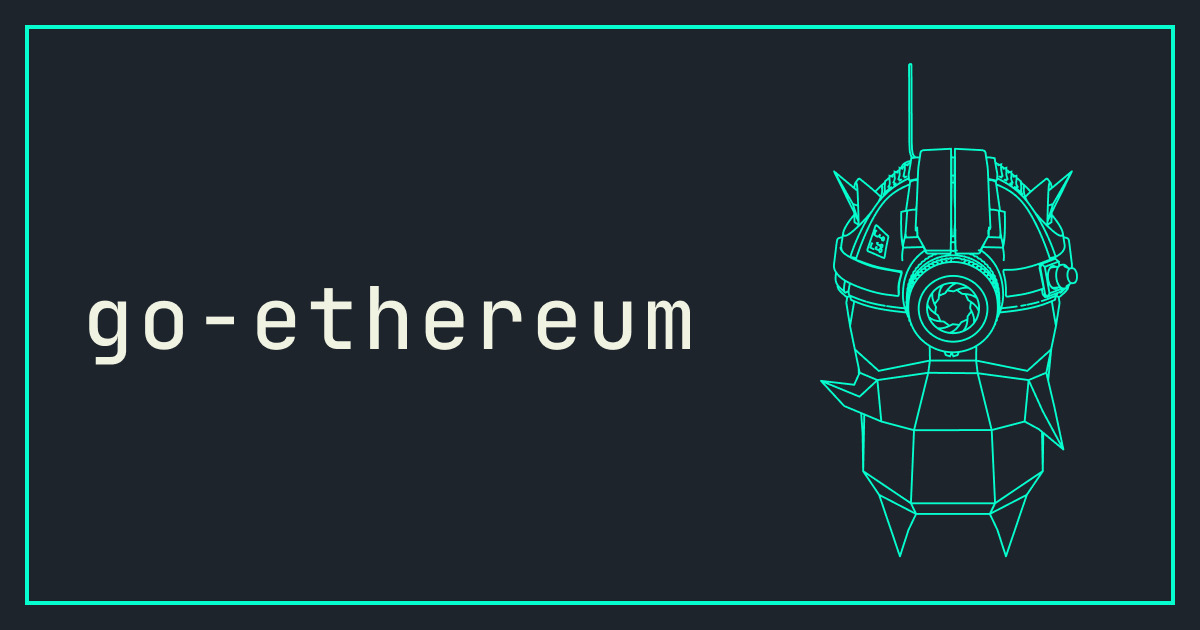Introduction
Welcome to the world of smart contracts on Ethereum, where exciting possibilities and opportunities await! In this article, we will delve into the fascinating realm of smart contracts and explore how they are transforming the way transactions and agreements are carried out in the digital age. So, buckle up and get ready to take a dive into the world of blockchain technology and decentralized applications!
Smart contracts have gained significant traction in recent years, thanks to the rise of blockchain platforms like Ethereum. These digital agreements have the potential to eliminate the need for intermediaries, enhance transparency, and ensure the execution of predetermined conditions without the possibility of interference or manipulation. With the advent of Ethereum, smart contracts have become even more powerful and versatile, offering a myriad of applications in various industries.
Ethereum, often referred to as the “world computer,” is a decentralized blockchain platform that enables the creation and execution of smart contracts. Unlike Bitcoin, which primarily serves as a digital currency, Ethereum is a programmable platform that allows developers to build and deploy decentralized applications (DApps) using smart contracts as their building blocks. These smart contracts are written in Solidity, a Turing-complete programming language specifically designed for Ethereum.
The process of creating smart contracts on Ethereum involves writing the code in Solidity, compiling it, and deploying it on the Ethereum blockchain. Once deployed, the smart contract becomes immutable and can be interacted with by anyone on the network. The Ethereum Virtual Machine (EVM) ensures that the code is executed correctly and consistently across all nodes in the network.
The number of smart contracts on Ethereum has grown exponentially over the years, reflecting the increasing adoption and interest in this revolutionary technology. While it is impossible to provide an exact count of the total number of smart contracts on Ethereum, estimates suggest that there are millions of smart contracts currently active on the network.
Several factors contribute to the proliferation of smart contracts on Ethereum. Firstly, the widespread popularity and robustness of the Ethereum platform attract developers and businesses interested in leveraging blockchain technology. Additionally, the openness and accessibility of Ethereum allow anyone to create and deploy their own smart contracts, leading to a diverse range of applications and use cases.
In the following sections, we will explore the benefits, popular use cases, as well as the challenges and limitations of smart contracts on Ethereum. So, let’s dive deeper into the incredible world of Ethereum smart contracts and unlock the potential they hold for revolutionizing various industries!
What is a smart contract?
A smart contract is a self-executing digital agreement that is coded to automatically execute and enforce the terms of an agreement between parties. It is essentially a computer program that runs on a blockchain platform, such as Ethereum, and operates under predefined conditions.
Traditional contracts are typically written in legal language and rely on intermediaries, such as lawyers or mediators, to ensure compliance and resolve disputes. In contrast, smart contracts eliminate the need for intermediaries by automating the execution and enforcement of the agreement.
Smart contracts are created using programming languages specifically designed for blockchain platforms, such as Solidity for Ethereum. The code defines the conditions and rules that govern the contract, including the actions to be taken when certain conditions are met or not met.
One of the key features of smart contracts is their self-executing nature. Once the contract is deployed on the blockchain, it operates autonomously and cannot be tampered with or altered. The code is immutable and transparent, providing a high level of security and trust.
Smart contracts eliminate the need for intermediaries, as their execution is automatically triggered by predefined events or conditions. For example, in a real estate transaction, the smart contract can be programmed to release the funds to the seller only when the buyer receives the title deed.
Another critical aspect of smart contracts is their transparency. All the terms and conditions of the contract are recorded on the blockchain and accessible to all parties involved. This transparency enhances trust and eliminates the possibility of fraud or manipulation.
Smart contracts also offer efficiency benefits by streamlining processes and reducing administrative tasks. Since the execution is automated, the need for manual intervention or paperwork is significantly reduced, saving time and resources.
Furthermore, smart contracts can provide a higher level of security compared to traditional contracts. The use of cryptography and blockchain technology ensures that the agreements are tamper-proof and resistant to hacking or unauthorized changes.
Overall, smart contracts offer a disruptive and innovative approach to agreements and transactions. By automating the execution and enforcement of the contract terms, they provide transparency, security, efficiency, and trust in a decentralized and immutable manner.
What is Ethereum?
Ethereum is a decentralized blockchain platform that enables the creation and execution of smart contracts. While Bitcoin introduced the idea of a decentralized digital currency, Ethereum expanded on that concept by providing a programmable platform for building decentralized applications (DApps).
Launched in 2015 by Vitalik Buterin, Ethereum offers a more versatile and powerful infrastructure for developers to create and deploy blockchain-based applications. It is not just a digital currency; instead, it serves as a decentralized “world computer” that executes code across its network of nodes.
At the heart of Ethereum is the Ethereum Virtual Machine (EVM), which is responsible for executing smart contracts. The EVM is a runtime environment that ensures the code is executed consistently and accurately on every node in the network.
One of the key features of Ethereum is its ability to support Turing-complete programming languages like Solidity. Solidity allows developers to write complex smart contracts with various functionalities and logic. These smart contracts are then compiled into bytecode, which can be executed on the EVM.
Ethereum operates on a proof-of-work consensus mechanism, similar to Bitcoin, in which miners compete to solve complex mathematical puzzles to validate transactions and add blocks to the blockchain. However, Ethereum is gradually transitioning to a more energy-efficient and sustainable consensus mechanism called proof-of-stake (PoS) with the release of Ethereum 2.0.
The Ether (ETH) is the native cryptocurrency of the Ethereum platform, which is used to incentivize miners and pay for transaction fees. Ethereum has played a significant role in the growth of the Initial Coin Offering (ICO) ecosystem since it introduced a standardized protocol for issuing and distributing tokens on its blockchain.
Ethereum’s decentralized nature and open-source ethos have attracted a vibrant community of developers, entrepreneurs, and users. This has resulted in the development of a vast ecosystem of DApps, decentralized finance (DeFi) protocols, and other innovative applications on the Ethereum platform.
Moreover, Ethereum’s compatibility with smart contracts and its ability to interact with other platforms through protocols like ERC-20 and ERC-721 have made it a preferred blockchain platform for various industries, including finance, supply chain, gaming, and more.
In summary, Ethereum is a decentralized blockchain platform that enables the creation and execution of smart contracts. It provides a programmable infrastructure for developers to build decentralized applications and has garnered significant attention and adoption due to its versatility, security, and vibrant ecosystem.
How are smart contracts created on Ethereum?
Creating a smart contract on the Ethereum platform involves several steps, from writing the code to deploying it on the blockchain. Let’s take a closer look at the process of creating smart contracts on Ethereum.
1. Choosing the Development Environment: Developers can choose from various integrated development environments (IDEs) to write and test their smart contracts. Popular options include Remix, Truffle, and Visual Studio Code with the Solidity extension.
2. Writing the Smart Contract Code: Smart contracts on Ethereum are written in Solidity, a high-level object-oriented programming language specifically designed for Ethereum. Developers define the contract’s functionality, variables, events, and functions in Solidity.
3. Compiling the Code: Once the smart contract code is written, it needs to be compiled to bytecode that can be executed on the Ethereum Virtual Machine (EVM). The compiler translates the code into a format that the EVM can understand and execute.
4. Testing the Smart Contract: It is crucial to thoroughly test the smart contract before deploying it on the live Ethereum network. Developers use testing frameworks like Truffle or embark to write automated tests and ensure that the contract behaves as expected.
5. Deploying the Smart Contract: Deployment involves sending the compiled bytecode of the smart contract to the Ethereum network. This process requires gas, which is the unit used to measure the computational effort needed to execute transactions or contracts on Ethereum.
6. Interacting with the Smart Contract: Once the smart contract is deployed, it can be interacted with by other users or contracts on the Ethereum network. Interaction can involve calling functions, reading the contract’s state, or sending transactions to modify the contract’s state.
7. Updating or Upgrading the Smart Contract: Smart contracts deployed on Ethereum are immutable, meaning they cannot be altered once deployed. However, developers can create new versions of the contract and migrate data or functionality to the updated contract.
8. Securing the Smart Contract: It is essential to carefully analyze and audit the smart contract code for potential vulnerabilities or bugs. Security audits can help identify and mitigate any potential risks or flaws in the contract’s logic.
9. Ensuring Continuous Maintenance: Smart contracts may require updates or maintenance over time to address changing requirements or fix any discovered issues. Continuous monitoring and maintenance are necessary to ensure the contract’s smooth operation.
Overall, creating smart contracts on Ethereum involves writing the code in Solidity, compiling it, deploying it on the Ethereum network, and interacting with it using transactions and calls. The Ethereum ecosystem provides various tools and frameworks to simplify the development, testing, and deployment processes of smart contracts.
How many smart contracts are currently on Ethereum?
As of now, it is challenging to provide an exact count of the total number of smart contracts on the Ethereum blockchain. The decentralized and transparent nature of Ethereum makes it difficult to track and determine the precise number of active smart contracts.
However, it is widely estimated that there are millions of smart contracts deployed on the Ethereum network. This estimation is based on the increasing adoption of Ethereum and the growing number of decentralized applications (DApps) that utilize smart contracts.
The Ethereum blockchain explorer, Etherscan, provides some insights into the number of smart contracts created and verified on its platform. As of [date], Etherscan lists over X million smart contracts. These figures indicate the vast number of smart contracts that have been deployed on Ethereum.
The number of smart contracts on Ethereum is continually growing as developers, businesses, and individuals leverage the platform’s capabilities to create innovative applications and digital agreements.
It is important to note that the number of smart contracts alone does not necessarily reflect the level of activity or usage on the Ethereum network. The active usage and impact of smart contracts can vary depending on the specific use cases and applications they serve.
Furthermore, the Ethereum platform’s openness and accessibility allow anyone to create and deploy their own smart contracts, adding to the diverse range of applications and agreements on the network.
As Ethereum evolves and continues to gain popularity, we can expect the number of smart contracts to increase further, contributing to the growth and innovation of the decentralized ecosystem.
Factors affecting the number of smart contracts on Ethereum
Several factors contribute to the growth and proliferation of smart contracts on the Ethereum blockchain. Understanding these factors is crucial for analyzing the dynamics and predicting the future trajectory of the number of smart contracts on Ethereum. Let’s explore some of the key factors that influence the number of smart contracts on the platform.
1. Platform Popularity: Ethereum’s popularity and recognition as the leading blockchain platform for creating and deploying smart contracts attract developers and businesses. The widespread adoption of Ethereum serves as a driving force for the increasing number of smart contracts on the network.
2. Developer Interest and Skills: The availability of a large and skilled developer community is essential for the creation of smart contracts. Ethereum’s robust ecosystem and support for programming languages like Solidity encourage developers to experiment and build innovative smart contract applications.
3. Use Case Diversity: The diversity of use cases for smart contracts on Ethereum influences the number of contracts being created. Industries such as finance, supply chain, real estate, gaming, and more find value in utilizing smart contracts, leading to a wide range of applications and an increased number of contracts.
4. Regulatory Environment: The regulatory environment surrounding blockchain and smart contracts can impact their adoption. Clarity and supportive regulations provide confidence to businesses and individuals, leading to more smart contracts being deployed on Ethereum.
5. Cost of Deployment: The cost associated with deploying a smart contract on Ethereum, including gas fees, can impact the number of contracts being created. Higher fees may deter some individuals or organizations from deploying contracts, while lower fees can incentivize more adoption.
6. Interoperability with Other Platforms: The ability of Ethereum to interact with other blockchains and platforms through protocols like ERC-20 and ERC-721 enhances its appeal. Interoperability expands the potential use cases for smart contracts, attracting a broader audience and contributing to the growth in their numbers.
7. Security and Auditing: The security of smart contracts is of utmost importance. The occurrence of high-profile smart contract vulnerabilities, such as the DAO attack, necessitates rigorous security auditing. Confidence in the security of smart contracts is crucial for their adoption and increased numbers on Ethereum.
8. Network Scalability: Scalability is a critical consideration for the growth of smart contracts on Ethereum. The ability to handle a high volume of transactions and contract interactions without congestion or high fees is essential to foster the creation and usage of a large number of smart contracts.
Overall, a combination of platform popularity, developer interest, regulatory environment, use case diversity, deployment costs, interoperability, security, and network scalability all play vital roles in influencing the number of smart contracts on the Ethereum blockchain.
Benefits of using smart contracts on Ethereum
Smart contracts on the Ethereum blockchain offer numerous benefits and advantages over traditional contracts and centralized systems. Let’s explore some of the key benefits of using smart contracts on Ethereum:
1. Automation and Efficiency: Smart contracts automate the execution and enforcement of agreements, eliminating the need for intermediaries and manual processes. This automation increases efficiency by reducing paperwork, administrative tasks, and processing time.
2. Increased Transparency and Trust: Smart contracts are transparent and recorded on the public Ethereum blockchain. All parties involved can view the contract and its execution, enhancing trust and reducing the potential for fraud or manipulation.
3. Immutability and Security: Once a smart contract is deployed on Ethereum, it becomes immutable and tamper-proof. The decentralized nature of Ethereum and cryptographic protocols ensure the security and integrity of the contract, reducing the risk of unauthorized changes or hacking.
4. Cost Efficiency: By eliminating intermediaries and manual processes, smart contracts reduce costs associated with administration, verification, and third-party fees. Additionally, transactions on the Ethereum network can be more cost-effective compared to traditional financial systems.
5. Accuracy and Elimination of Human Error: Smart contracts execute according to their predefined code and conditions, which eliminates the possibility of human error or subjective interpretations. This accuracy minimizes disputes and ensures agreements are executed precisely as intended.
6. Time-Stamping and Proof of Existence: Smart contracts timestamp and store data on the Ethereum blockchain, providing proof of existence and establishing the order of events. This feature can be valuable in legal disputes or situations where a verifiable record of agreement is required.
7. Programmability and Flexibility: Smart contracts on Ethereum are programmable and can support complex logic and functionality. Developers can build sophisticated decentralized applications (DApps) using smart contracts as building blocks, enabling a wide range of use cases and interactions.
8. Decentralization and Interoperability: Ethereum’s decentralized nature fosters a trustless environment, where transactions and agreements can be executed without central authorities. Ethereum’s compatibility with other blockchains and protocols also enables interoperability, expanding the possibilities for smart contract applications.
9. Disruption of Traditional Industries: Smart contracts have the potential to disrupt traditional industries by introducing decentralized, transparent, and efficient systems. Applications range from decentralized finance (DeFi) and supply chain management to voting systems and intellectual property management.
Overall, smart contracts on Ethereum revolutionize the way agreements are executed by automating processes, increasing transparency, ensuring security, reducing costs, and unlocking a wide range of potential applications. These benefits have the potential to transform industries and create more efficient and inclusive systems.
Popular use cases for smart contracts on Ethereum
Smart contracts on the Ethereum blockchain offer a wide range of applications across various industries. These applications leverage the unique features of smart contracts, including automation, transparency, and decentralization. Let’s explore some of the popular use cases for smart contracts on Ethereum:
1. Decentralized Finance (DeFi): Smart contracts have revolutionized the financial industry by enabling decentralized finance applications. Platforms like lending protocols, decentralized exchanges (DEXs), stablecoins, and yield farming projects utilize smart contracts to automate transactions, manage collateral, and execute complex financial logic.
2. Supply Chain Management: Smart contracts on Ethereum can enhance transparency and traceability in supply chain management. By automating record-keeping and verification processes, smart contracts can verify and track the movement of goods, ensuring compliance and reducing fraud.
3. Tokenization: Smart contracts on Ethereum facilitate the creation and management of tokens. Through protocols like ERC-20 and ERC-721, smart contracts enable the tokenization of assets, including digital art, real estate, and intellectual property. This opens up new possibilities for fractional ownership, trading, and provenance.
4. Decentralized Exchanges (DEXs): DEXs on Ethereum utilize smart contracts to enable peer-to-peer trading of cryptocurrencies. By eliminating the need for centralized intermediaries, smart contract-powered DEXs offer increased security, transparency, and control over assets.
5. Voting and Governance: Smart contracts on Ethereum can enable secure and transparent voting systems. By leveraging the immutability and transparency of the blockchain, smart contracts can facilitate fair and auditable voting processes for elections, organizational governance, and decentralized autonomous organizations (DAOs).
6. Intellectual Property Protection: Smart contracts can provide a secure and automated system for implementing and enforcing intellectual property rights. By timestamping and storing digital content on the Ethereum blockchain, smart contracts can establish proof of ownership and protect intellectual property from infringement.
7. Insurance: Smart contracts can automate insurance policies and claims processes. By using oracles to verify real-world events, smart contracts can automatically trigger claim payouts based on predefined conditions, reducing the need for manual verification and claims processing.
8. Gaming and Non-Fungible Tokens (NFTs): Smart contracts on Ethereum have enabled the rise of blockchain-based gaming and non-fungible tokens (NFTs). NFTs represent unique digital assets that can be bought, sold, and traded on Ethereum, creating new opportunities for gamers, artists, and collectors.
9. Identity Management: Smart contracts can improve identity management systems by securely storing and managing personal information. By giving individuals control over their own digital identities, smart contracts can enhance privacy, reduce identity theft, and enable seamless verification processes.
These are just a few examples of the popular use cases for smart contracts on Ethereum. As the technology continues to evolve and the ecosystem expands, we can expect to see even more innovative applications that leverage the power of smart contracts and drive the adoption of decentralized systems.
Challenges and limitations of smart contracts on Ethereum
While smart contracts on Ethereum offer numerous benefits, they also face certain challenges and limitations. Understanding these challenges is crucial for overcoming obstacles and improving the functionality and adoption of smart contracts. Let’s explore some of the key challenges and limitations of smart contracts on Ethereum:
1. Immutability: While the immutability of smart contracts ensures security, it also poses challenges in case of errors or vulnerabilities. Once a smart contract is deployed, it cannot be easily modified or updated. Any bugs or issues in a deployed contract require careful planning and migration strategies to rectify.
2. Smart Contract Security: Smart contracts can be vulnerable to bugs, coding errors, and malicious attacks. The complexity of smart contract programming and the potential for unforeseen scenarios make them susceptible to exploit. Thorough security audits and continuous monitoring are essential to mitigate these risks.
3. Scalability: Scalability remains a significant challenge for the Ethereum network. As smart contract applications grow in popularity, network congestion and high transaction fees can hinder their widespread adoption. Ongoing efforts, such as Ethereum 2.0’s transition to proof-of-stake and layer-two solutions, aim to address these scalability concerns.
4. Interoperability: While Ethereum’s smart contracts are powerful, interoperability with other blockchain platforms and legacy systems can be limited. Compatibility issues, differing programming languages, and data transfer between blockchains can present obstacles in achieving seamless integration and collaboration.
5. Oracles and Data Sources: Smart contracts often require external data sources to execute certain conditions or trigger events. The accuracy and reliability of these oracles become critical in ensuring the integrity of the smart contract. Dependence on external sources can pose a challenge in terms of trustworthiness and potential manipulation.
6. Regulatory and Legal Frameworks: The legal and regulatory frameworks surrounding smart contracts are still evolving. The enforcement and legality of smart contracts may vary across jurisdictions, creating uncertainties and potential obstacles in their widespread adoption for certain use cases, particularly in highly regulated industries.
7. User Experience and Accessibility: Interacting with smart contracts can sometimes be complex and daunting for users who are not familiar with blockchain technology. Improving the user experience and creating intuitive interfaces are essential to promote user adoption and engagement with smart contract applications.
8. Governance and Dispute Resolution: Smart contracts operate autonomously, but handling disputes and implementing governance mechanisms can be challenging. The decentralized nature of Ethereum complicates governance decision-making processes, and resolving disputes arising from code loopholes or unforeseen scenarios can be complex.
Despite these challenges, the Ethereum community and developers are actively working on tackling these limitations and improving the functionality and security of smart contracts. Continued research and innovation in areas such as security auditing, scalability solutions, and interoperability protocols are essential for the widespread adoption of smart contracts.
Conclusion
Smart contracts on the Ethereum blockchain have revolutionized the way agreements are executed and opened up a world of possibilities for decentralized applications. By leveraging automation, transparency, and decentralization, smart contracts offer numerous benefits, including efficiency, trust, and cost savings across various industries.
Ethereum’s programmable platform provides developers with the tools and infrastructure to create and deploy smart contracts, enabling the growth of a vibrant ecosystem of decentralized applications. From decentralized finance to supply chain management and tokenization, the applications of smart contracts on Ethereum are diverse and rapidly expanding.
Despite their many advantages, smart contracts also face challenges and limitations. Issues such as immutability, security vulnerabilities, scalability, interoperability, and regulatory frameworks require careful consideration and ongoing improvements to ensure the continued success and adoption of smart contracts.
The Ethereum community, along with developers and researchers, continue to address these challenges through advancements in technology, security best practices, scalability solutions, and industry collaborations. These efforts are crucial for enhancing the functionality, security, and accessibility of smart contracts on the Ethereum network.
As we move forward, the adoption of smart contracts is expected to grow further, fueling innovation and transforming traditional industries. From decentralized finance and supply chain management to voting systems and gaming, smart contracts have the potential to reshape how we interact and carry out transactions in the digital age.
In conclusion, smart contracts on Ethereum have emerged as a powerful tool, enabling trustless and efficient digital agreements. With ongoing development, collaboration, and improvement, smart contracts are poised to continue playing a pivotal role in the evolution of decentralized applications and the broader blockchain ecosystem.

























